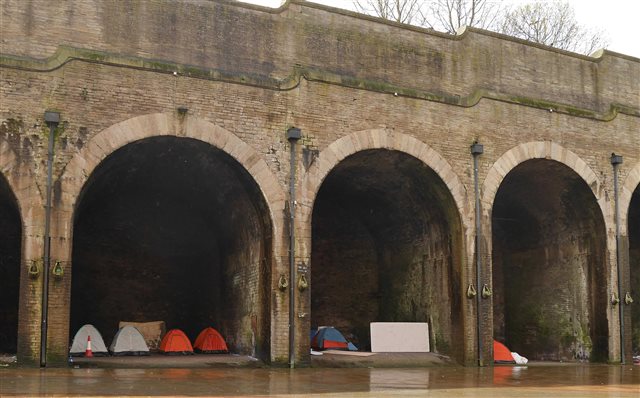I was sectioned a couple of years ago and every time I appeal to go back home it's always overruled. The reason is because it's thought I can't keep myself safe and require constant support and care. I think it's because I used to get dehydrated a lot and had malnutrition but that was purely a lack of remembering to eat and drink. As a person I've always been safe to myself and others, I used to do a lot of imaginary play, I still do sometimes that's never changed. But it was never dangerous or anything like that.
I hate being in hospital. It's not home and the noise can be really distressing at times. I've been here for a long time but I'm still not used to anything here. I miss my home and I miss the familiarness of smells and possessions. My family still visit which is something but not as often, it's like they have all moved on and I'm just being forgotten. They do at least stick up to me when I appeal to go home again but I wonder if I didn't appeal would they instead for me? I worry they wouldn't.
I always was a bit stressful for them and like a burden.
I'm not sure what to do now. I've used an advocate, tried Citizens Advice and my GP. But it's led nowhere. The nurses say to keep appealing and when I'm ready I'll be ok to go home but it's been almost 4 years and it feels like it's never going to happen.



